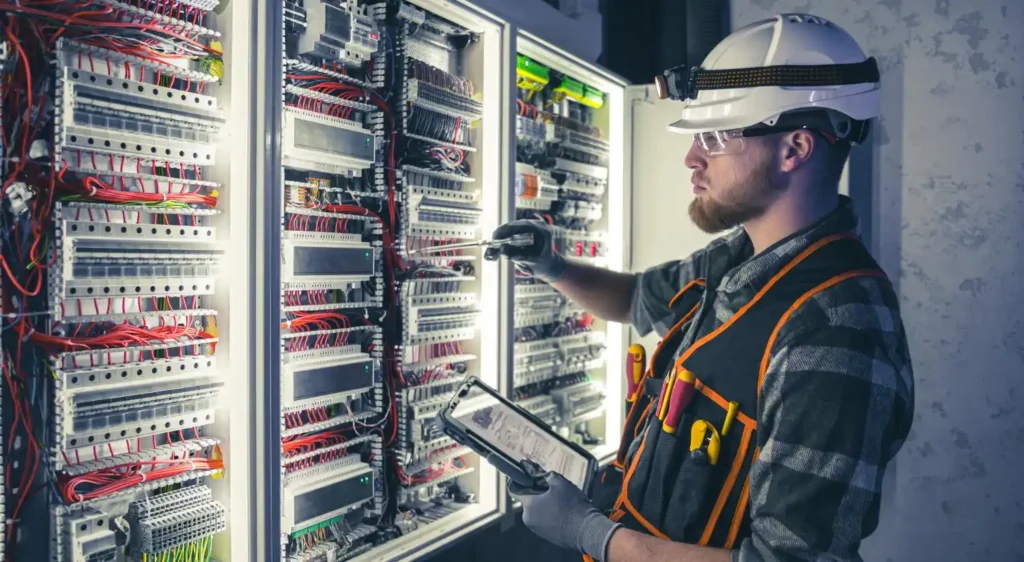It will offer grants and loans to both the public and private sectors in England and Wales, for networks serving two or more buildings.
Heat networks distribute heat efficiently through insulated pipes from a central source to a variety of different customers. For residents in flats, heating costs could be as much as 30% lower on a heat network than alternatives such as individual gas boilers. As well as lowering bills for domestic and non-domestic consumers, they can reduce the UK’s carbon emissions.
According to the Government, heat networks could play a vital role in the long-term decarbonisation of heating, as they provide a unique opportunity to exploit larger scale renewable and recoverable heat sources. Heat networks could meet up to 17% of heat demand in homes and up to 24% of heat demand in industrial and public sector buildings by 2050.
There are already a number of successful heat network projects operating in the UK such as one in Sheffield which burns 12,000 tonnes of municipal waste each year as the main fuel source for its network. Or Southampton’s main energy centre which has over 45 energy users ranging from over 1,000 residential properties, a hospital, university, shopping centre, police headquarters and BBC studios.
Energy Minister Claire Perry said: “The UK has led in the decarbonisation of electricity, and today’s announcement shows we are just as committed to tackling heat. Today’s announcement creates a route to market for innovative energy projects across the country and demonstrates a key objective of the Clean Growth Strategy; to help deliver technologies that can lower bills, cut carbon and improve the quality of life for communities across the country.
Lily Frencham, senior policy manager at the Association for Decentralised Energy (ADE), said: “HNIP will support the growth of the heat network industry and is welcomed by the Association for Decentralised Energy. It is encouraging that Government is also examining the measures necessary for the creation of a sustainable market framework beyond HNIP and is taking into account the recommendations of the ADE-led Industry Taskforce report, Shared Warmth, as part of that process.”
Bindi Patel, heat of scheme at Heat Trust, added: This announcement is an important step in developing a future heat network sector that designs and operates efficient, low carbon heat networks that deliver good outcomes for consumers. Heat Trust welcomes government’s requirement for HNIP funding applications to meet Heat Trust (or equivalent) customer service standards. Ensuring customers are protected is imperative to the sustainable development of heat networks in the UK. We are therefore pleased that HNIP will require heat networks seeking public funding to comply with industry-wide standards on customer service and network design.”
Applications are expected to open in the Autumn with first funding decisions being made in 2019.
The government investment for the £320 million Heat Networks Investment Project was first announced in the Spring Budget 2015.

